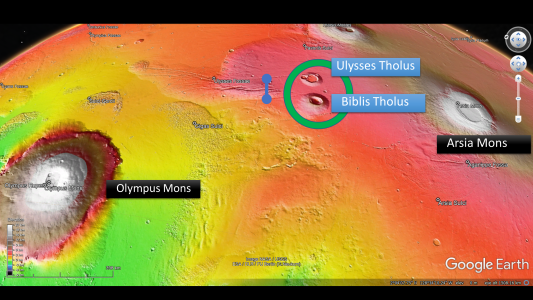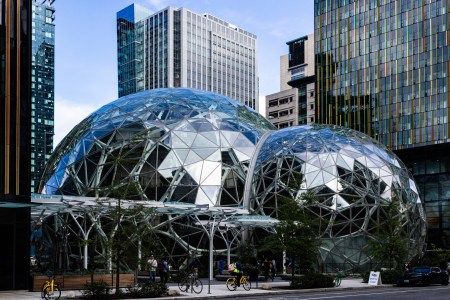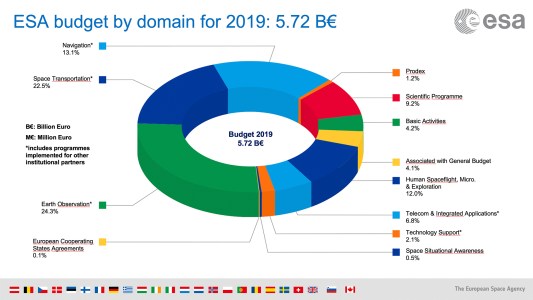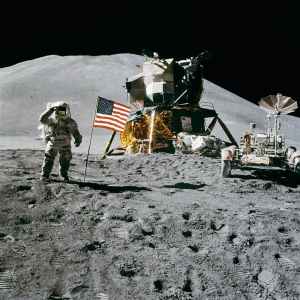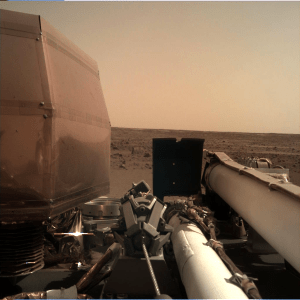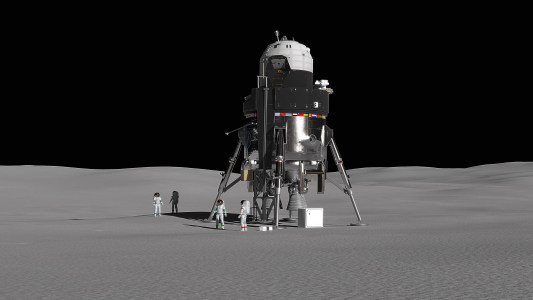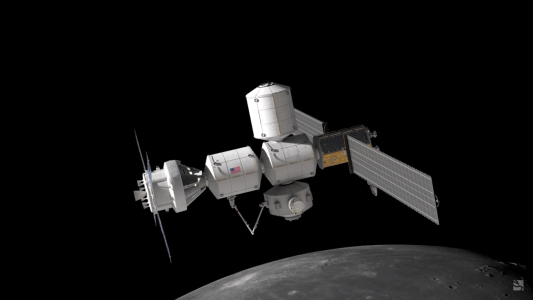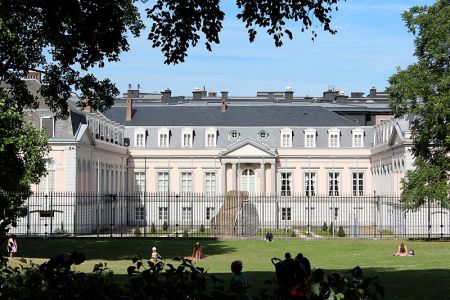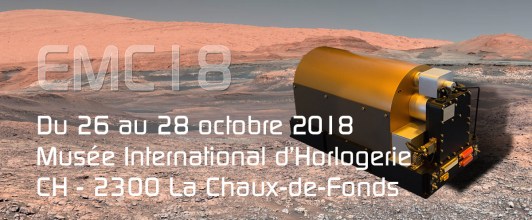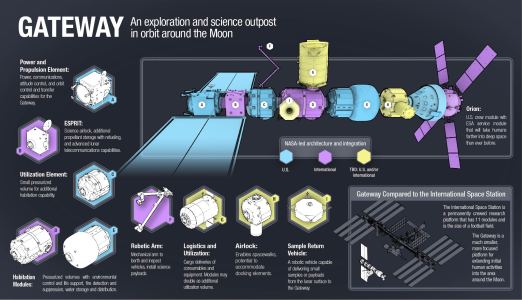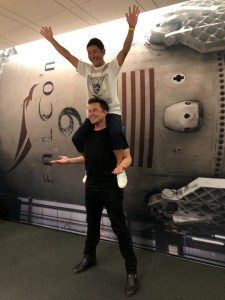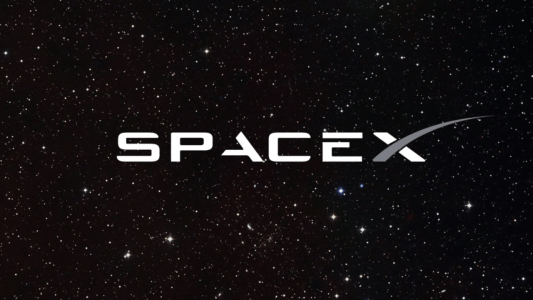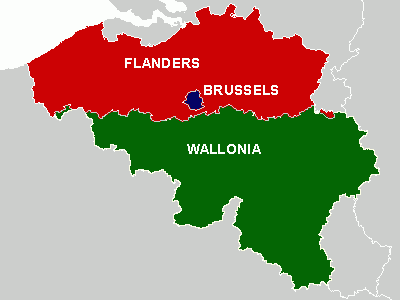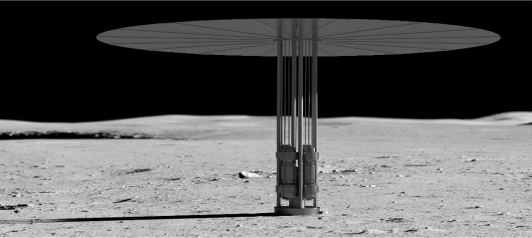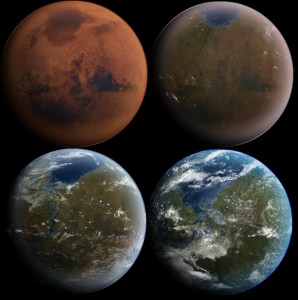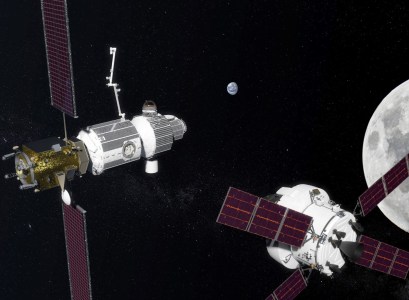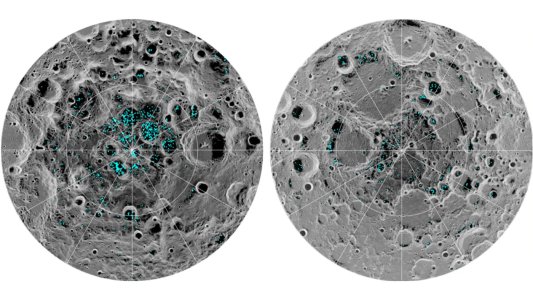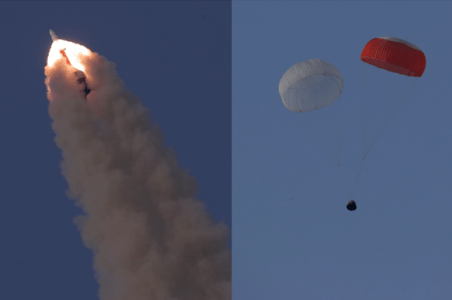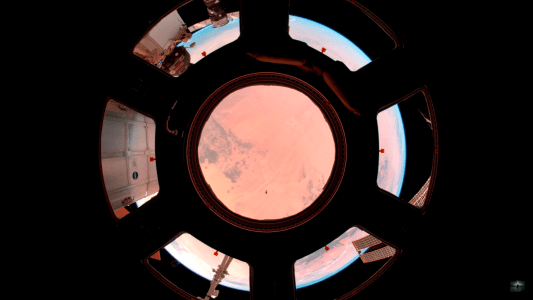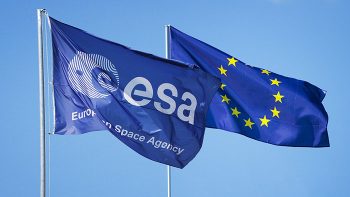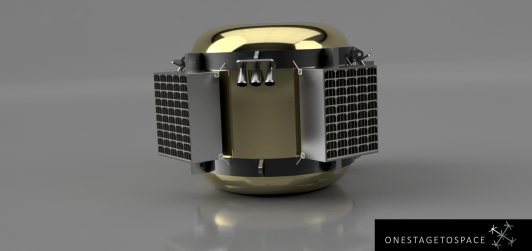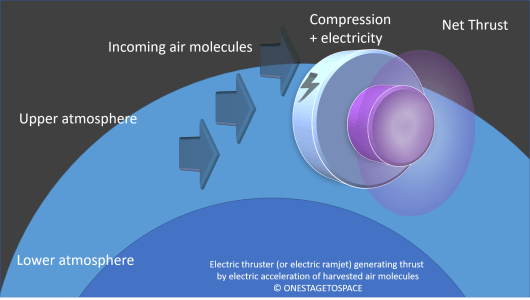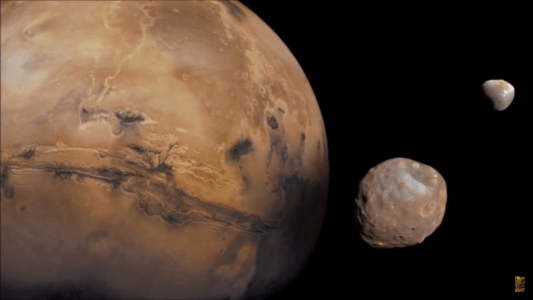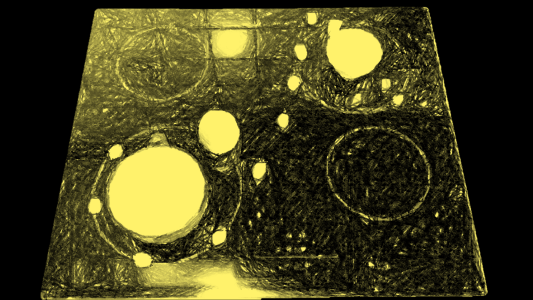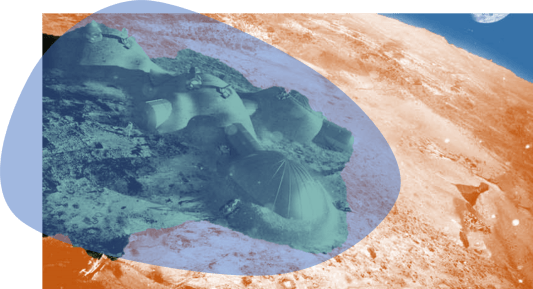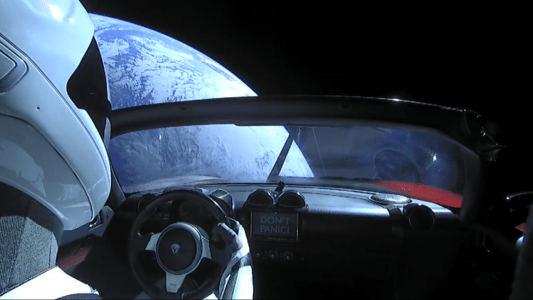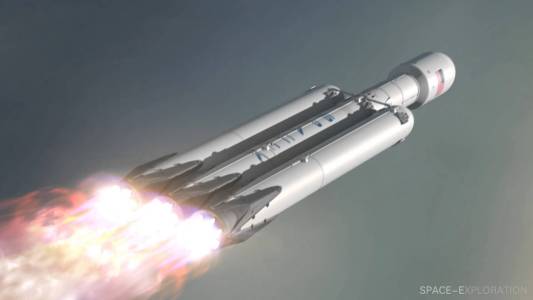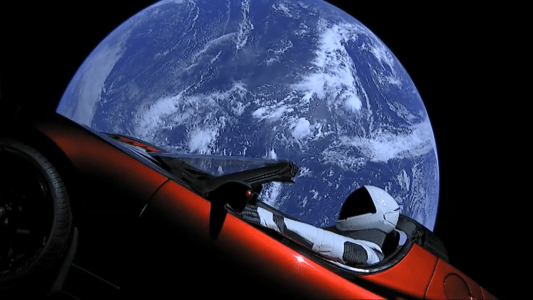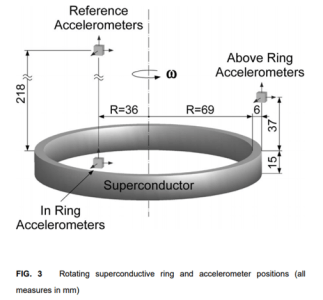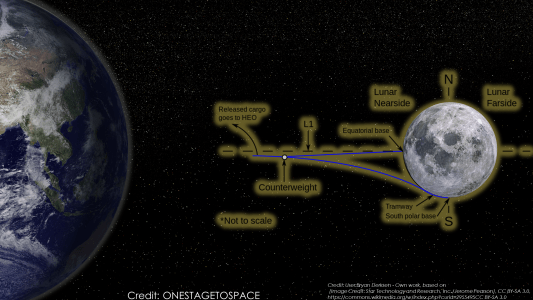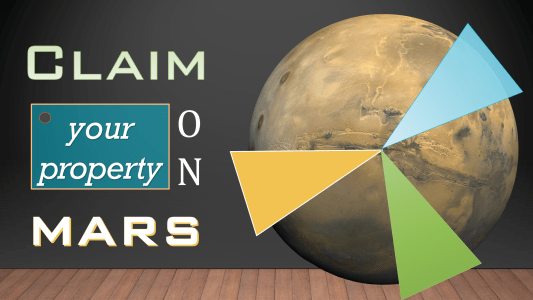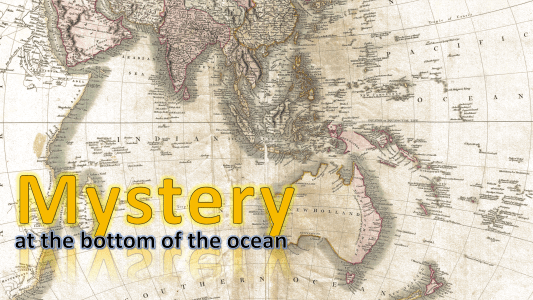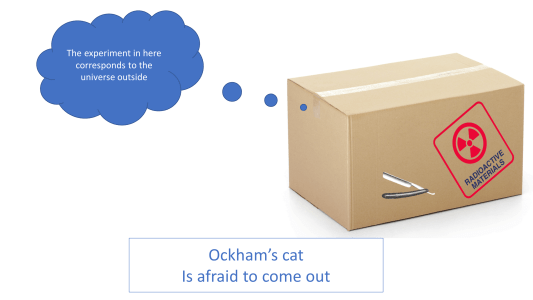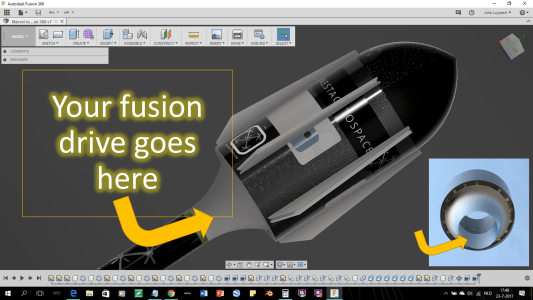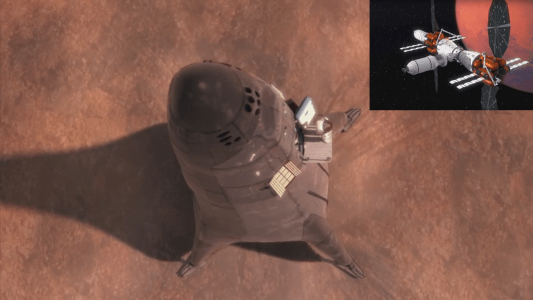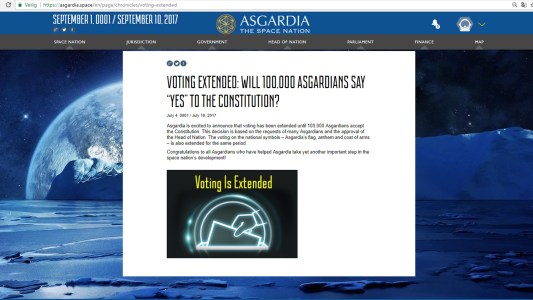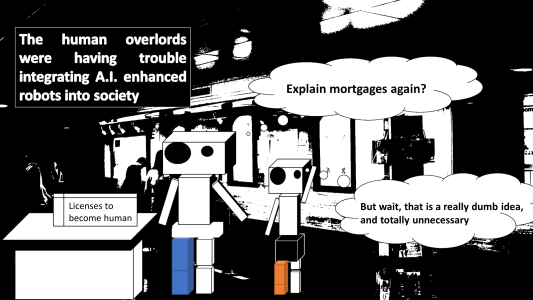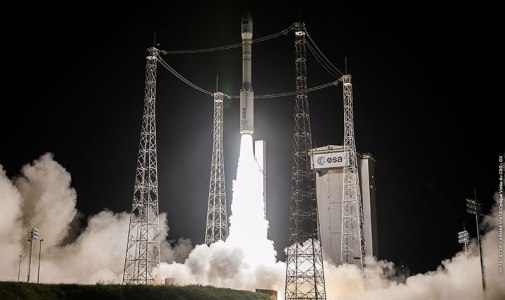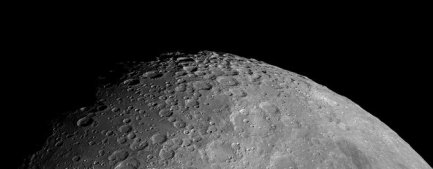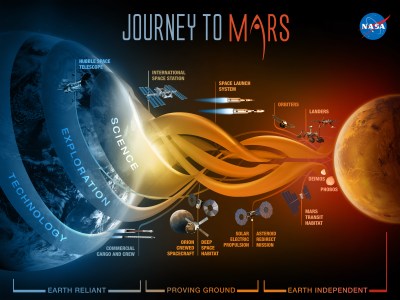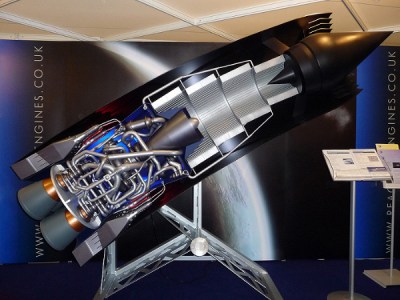Not content with having a worldwide reputation developing innovative ingredients and supply solutions for bakers, pastry chefs, and chocolate factories, Belgian bakery giant Puratos decided to team up with Urban Crop Solutions, a Belgian indoor agriculture startup in its fifth year.
The goal: learn to bake bread on Mars. Why? We never leave home without wheat.
The core of the ‘Mars simulation’ installation built by Urban Crop Solutions and Puratos is a Farmflex plant grow container that serves as a biosphere: a closed environment where crops and humans live in harmony. The crops produce, in this airtight environment, the oxygen for the people who in turn produce the CO2for feeding the crops. This installation located in Belgium is the second largest fully controlled biosphere in the world with its 225 cubic meters of magnitude. The Lunar Palace in China is the largest with 550 cubic meters.
Urban Crop Solutions’ team of plant scientists managed to reduce the regular growth period for wheat (grains) of 120 days to a mere 60 days by optimizing all controllable elements supporting plant growth in a lab environment. All this was realized with only a fraction (5%) of the water requirement compared to normal open-air conditions. No herbicides nor pesticides must be used in this controlled environment growing solution. The result is a ‘beyond organic’ natural product. Test results open huge opportunities for sustainable agriculture on earth. The controlled environment vertical farming solutions of Urban Crop Solutions make it possible to give back economically challenged large agricultural areas to mother nature. The lack of fresh and healthy food will no longer be an issue in inhospitable or very dry regions, a topic that received a lot of attention in the last couple of months.
Urban Crop Solutions is celebrating its fifth anniversary this year. In February 2016 the Flemish Minister President Geert Bourgeois inaugurated the largest automated indoor vertical farming installation of Europe. The keynote address of this event, presented by Urban Crop Solutions’ co-founder and Chairman, Frederic Bulcaen, brushed upon the topic of a dream come true when one day its vertical farming solutions would supply fresh food for citizens of planet Mars. Thanks to the cooperation with Puratos realizing this dream is approaching in a very fast way.
Urban Crop Solutions develops tailor-made indoor vertical farming solutions for its clients. These systems are turnkey, robotized and able to be integrated into existing production facilities or food processing units. Urban Crop Solutions has its own range of standard growing container products. Being a total solution provider, they can also supply seeds, substrates, and nutrients for clients that have limited experience with (indoor) farming. Currently, the company has developed plant growing recipes for more than 220 crop varieties that can be grown in closed environment vertical farms. Some of these recipes (ranging from leafy greens, vegetables, medicinal plants to flowers) are developed exclusively for its clients by the Urban Crop Solutions team of plant scientists. With headquarters in Waregem (Belgium – Europe) and operations in Miami (Florida, US) and Osaka (Kansai, Japan) they are globally active.
“Studies demonstrate that it is likely that by 2030 the first humans will land on Mars and will establish a permanent colony,” says Maarten Vandecruys, co-founder and CEO of Urban Crop Solutions. “Our approach to partner with ambitious global industrial groups and research institutions for controlled indoor farming solutions are finally paying off. We feel to be at the cutting-edge with our technology, products, and services in this fast-emerging industry of Urban Farming, whether it is in space, in cities, on the surface or beneath it.”
It is very likely a Belgian is ever to set foot on Mars, since we are after all the home of Tin-Tin, professor Professor Cuthbert Calculus, and the working home of the high altitude/ deep sea explorer that inspired the characters of both Professor Calculus and the Star Trek character Jean-Luc Piccard*. Auguste Piccard was the was the first human to reach the stratosphere (15,781 m, 1931). Later, Piccard and his son, Jacques, built a bathyscaphe and together they dove to a record-breaking depth of 3,150 m (10,335 ft) in 1953. The fact that he was born Swiss, is just an unimportant detail. He did live in Belgium. Besides, Swiss and Belgian chocolate make good friends.
Nevertheless, even if we, Belgians, are destined to explore or find alien life on Mars, we must have our bollekes, volkoren brood and pastry (flantaart, rijsttaart, chocoladetaart, soezen, maybe some waffles, … name your favorite). Otherwise, we will either have to cause a mutiny or mutate.
Now…what else do we need for a Belgian Marsbrew?

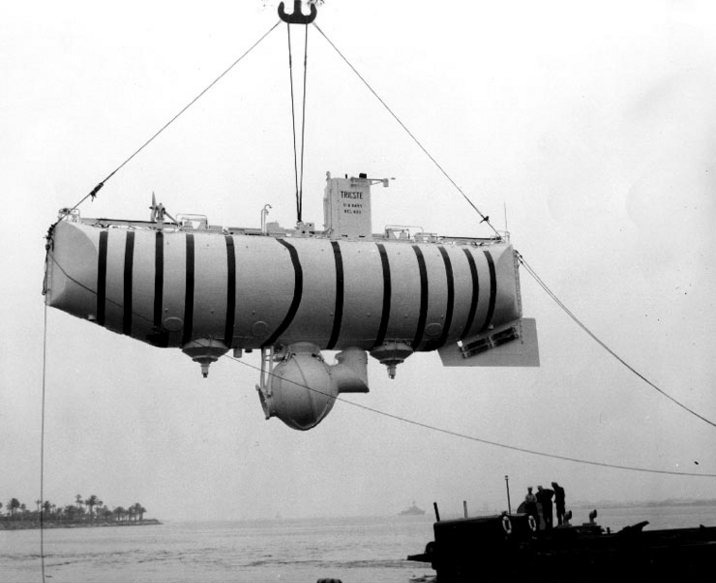


For more information: Urban Crop Solutions press release
*Gene Roddenberry named Captain Jean-Luc Picard in Star Trek after one or both of the twin brothers Auguste and Jean Felix Piccard, and derived Jean-Luc Picard from their names cf. The University of California, Berkeley et al. [and informal sources on Jean Piccard talk page] (2003). “Living with a Star: 3: Balloon/Rocket Mission: Scientific Ballooning”. The Regents of the University of California


